The Aston Martin DBX crossover will be built at a new factory in St Athan in south Wales as part of the ongoing £200m investment in new products and facilities by the British manufacturer.
The Welsh site was unanimously chosen by Aston’s board despite fierce competition from other locations as far afield as the Americas, Eastern Europe, the Middle East, Europe, as well as two other sites in the UK, believed to be Bridgend and Birmingham.
Read more: Production Aston Martin DBX previewed in new image
Occupying some 90 acres, the new Aston Martin facility at St Athan, to the west of Cardiff Airport, will re-purpose some of the facilities currently in use at the site by the Ministry of Defence. Centered on the transformation of the three existing ‘super-hangars’ at MOD St Athan, construction work is planned to commence in 2017 with full vehicle production commencing in 2020.
Aston has also reaffirmed its commitment to its current manufacturing base at Gaydon in Warwickshire. That site will focus on production next-generation sports cars, including the Aston Martin DB11 and recently announced all-electric Aston Martin RapidE, which will go into production in 2018.
Developments at Gaydon will swell the existing workforce by 250 employees, while the new facility at St Athan is expected to result in the creation of 750 new jobs. It is anticipated that a further 3000 jobs could be created across the supply chain and local businesses.
Aston Martin chief executive Andy Palmer said: “Through a detailed evaluation of over 20 potential global locations for this new manufacturing facility, we were consistently impressed with the focus on quality, cost and speed from the Welsh Government team.”
Palmer told Autocar that it had not been a foregone conclusion that Aston's new plant would be within the British Isles simply because of the company's heritage: "If you asked me at the start of the selection process whether I would have liked the facility to be built in the UK I would have said yes, but the ‘made in the UK’ factor didn’t have a huge weighting attached to it during our evaluations because not all of Aston Martin’s board have the same affiliation as I do for this country.
“However, we did our due diligence on about 20 sites and Wales was the unanimous choice. It wasn’t the largest in terms of the size of the [grant] cheque on offer, but it won for many qualitative and quantitative reasons.
“In terms of timing, it had a lot going for it because St Athan is an existing facility and we don’t have to the level the buildings and start from scratch. The crossover will to take us into a new market segment, and the benefit of not having to build a new facility from the ground up cannot be underestimated – it is one less thing to think about.

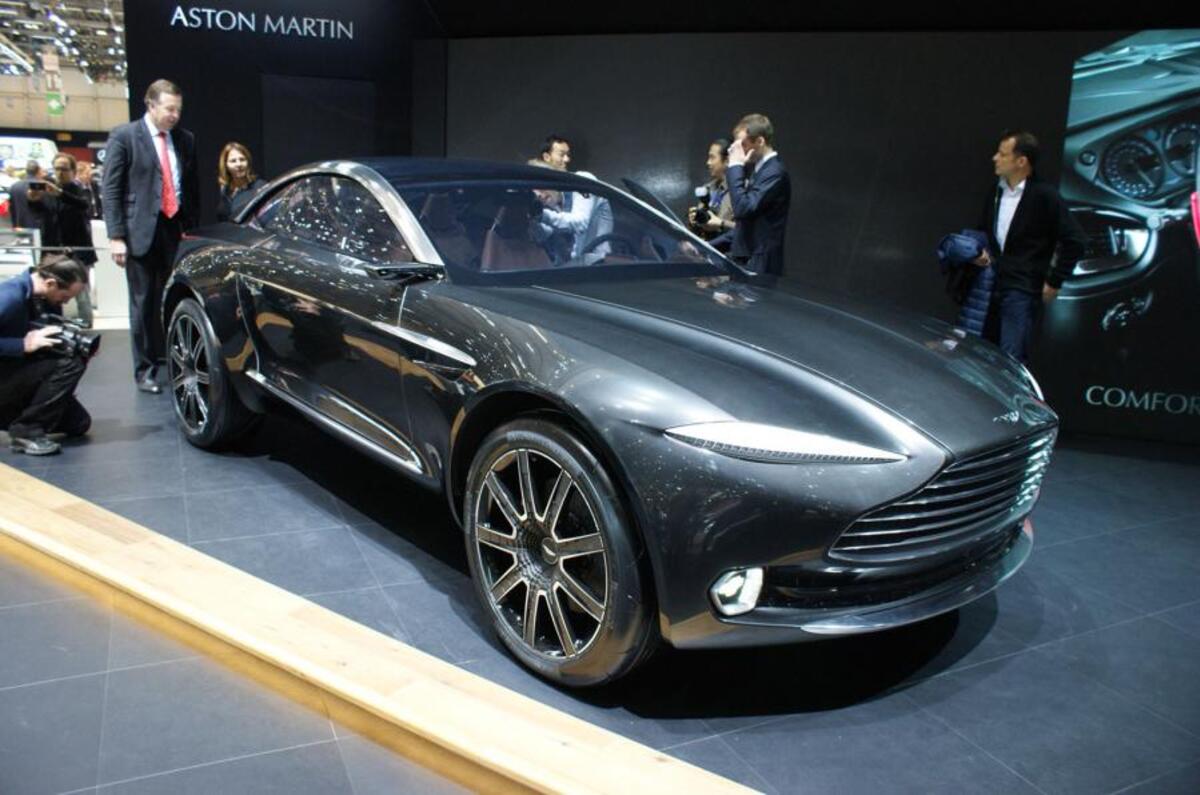
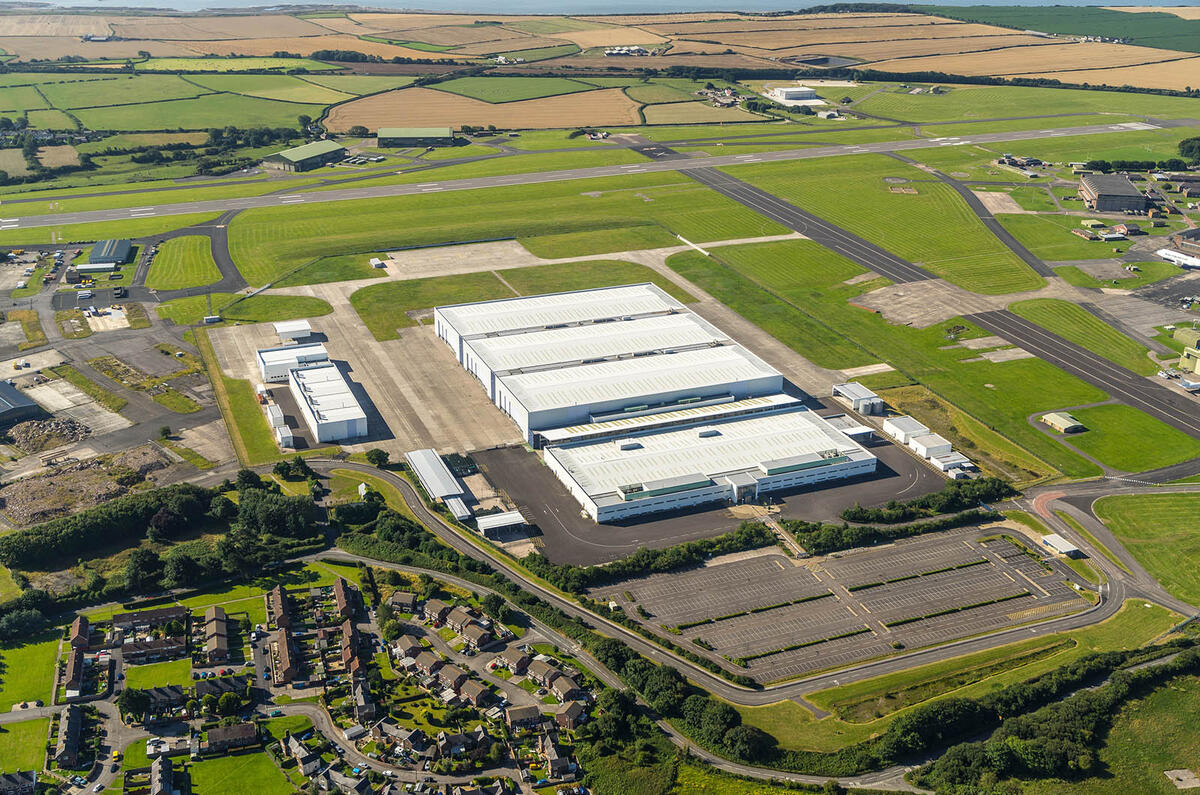
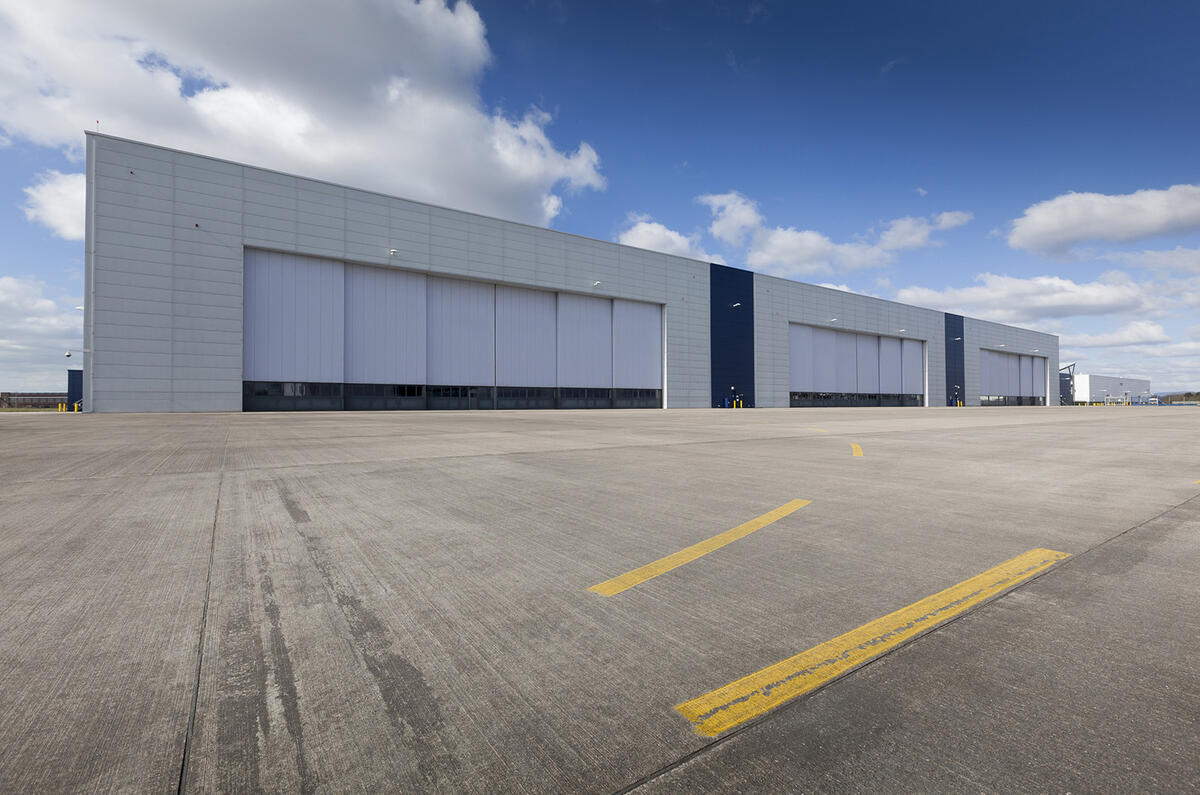
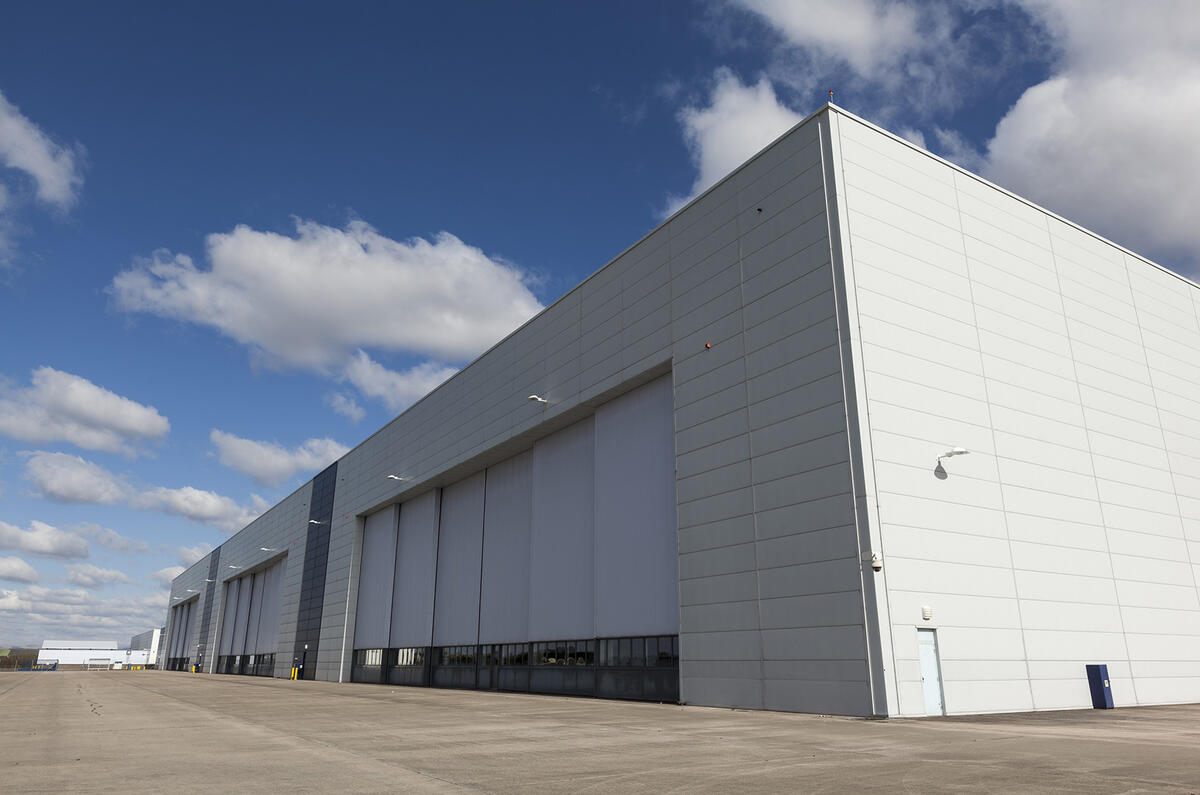
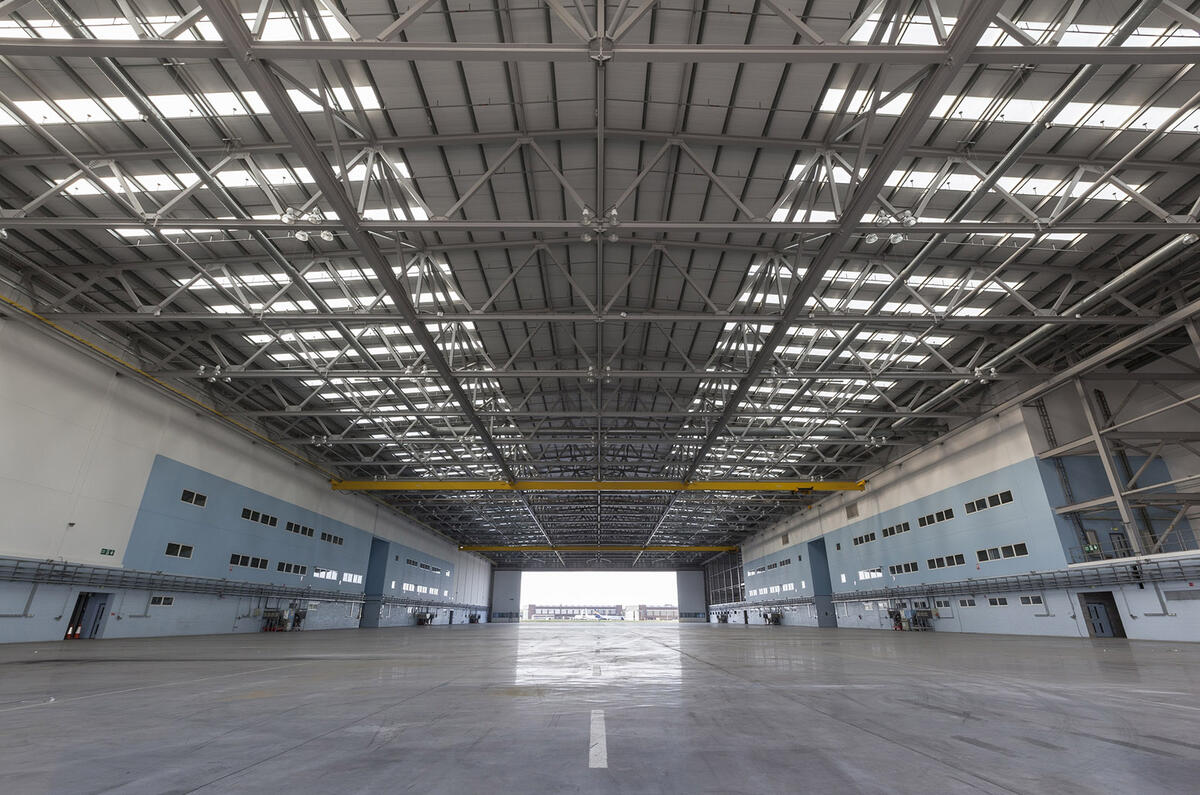

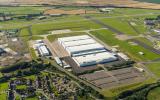
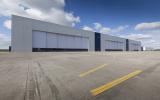
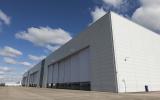
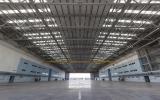



Join the debate
Add your comment
Jobs!
British Astons, from the company that made a car called Bulldog.
That may be true of the board but isn't it more important what their buyers think ?
How many people would buy a new Ferrari model that wasn't made in Italy? Or a Porsche not made in Germany ? None. How many buyers were put off the early Rapides by their Austrian assembly ?
Perhaps the Aston Martin board needs some replacements who are more in touch with their market and less likely to risk the company with disastrous overseas manufacturing ventures ?
I agree that Astons should be
As British as...
Asmar (19%)
Primewagon (Jersey) Ltd (19%)
Adeem Investments (11%)
Daimler (5%)
DAR Capital (5%)
Sthewaz Automotive (2%)
Other Minor Shareholders (10%)
It's old news that the City